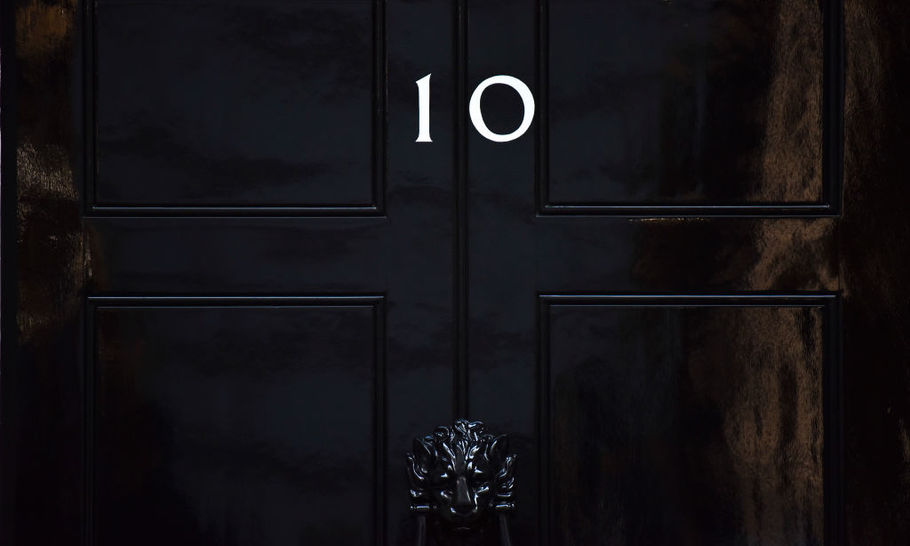A thumping General Election victory is within Boris's grasp. Will he seize it?

Alberto Pezzali/NurPhoto via Getty Images
Voters resent politicians bothering them with unnecessary General Elections. That was something Theresa May learnt to her cost in 2017. Even minority Governments are sometimes able to continue for quite some time. The period of Labour Government from 1974 to 1979 under Harold Wilson and then James Callaghan managed to get through some controversial legislation even when the Parliamentary arithmetic was challenging.
So Boris Johnson has been sensible in making clear he would try to avoid any early election if possible. But fair-minded observers would surely concede that one is now required. The manoeuvrings over Brexit mean that while the exact date is uncertain, surely it must come soon.
Opposition MPs will look ridiculous if they both thwart the Government from operating effectively and prevent matters being resolved with an early General Election.
What credibility do they have holding demos accusing Boris of being a “dictator” and then scuppering his attempts to go to the country and place his fate in their hands?
Let us assume that the election takes place before Brexit has happened. Of course, the issue of whether or not it should be delivered will be dominant. The Conservative message must be unequivocal that we will leave the EU. The campaign should be a patriotic and democratic crusade. That should galvanise the Leave voters, including many that are still supporters of the Brexit Party. In some ways, it will be rather an anti-establishment pitch – which might seem curious coming from the party of Government, particularly a Conservative Government. Yet that would resonate and would be given credibility in how Boris is perceived as a leader.
Consistent with that is an argument to those without a strong allegiance to leave or remain. It can be summed up as: “Enough is enough.” What would a further delay be for? Three years on, surely we need to arrive at a resolution? Wouldn’t further uncertainty harm the economy? Surely our international reputation would be harmed by yet more craven dithering? If the bitter arguments and allowed to drift, won’t the division in society continue?
It might be that the Conservatives are enfeebled in Parliament by the loss from their ranks of Remainer rebels. Some may stand as independents, which could be problematic. But it also makes it easier to give a strong, clear united message: Vote for your Conservative candidate and Brexit will finally happen.
I don’t think an electoral pact with the Brexit Party is a realistic proposition. It could well be that in certain constituencies the Brexit Party unilaterally decided to stand down and endorse a sitting Conservative MP. But in any case, I predict that the Brexit Party will take most of its support from former Labour voters. I was surprised that only two Labour MPs – Kate Hoey and John Mann – voted against scuppering Brexit. There will be a lot of Labour MPs, including in some “safe” seats, who will have explaining to do to their Leave-voting constituents.
Winning over Remainers will be harder for the Conservatives. They can seek to dismiss media warnings against Brexit as “Project Fear”. But unless and until we have actually left and those fears have indeed proved groundless, the Remainers will be sceptical. On the other hand there will be a split among Remainers over whether to vote Labour or Lib Dem. That is likely to significantly boost Conservative prospects. As will the perfectly valid observation that voting other than Conservative risks putting Jeremy Corbyn in Downing Street as our first Marxist Prime Minister.
The personal popularity that Boris enjoys will be an important plus. Inevitably this will give a Presidential feel to the Tory campaign. There are always lots of photo opportunities and walkabouts with Party leaders. This time there will be more than ever. That means a risk of gaffes – but they never seem to do him much harm.
The Prime Minister’s optimism and positive outlook on life will serve as an antidote to charges that Conservatives and Brexiteers are xenophobic and nostalgic. Boris chose a Cabinet to include a good mix of women and ethnic minorities to rebut such stereotypes. My guess is that the choice of Tory candidates where selections have yet to be held will have the same concern.
It will be important to set out a full programme of domestic reform. The challenge will be to offer proposals that are radical and consistent with Conservative thinking, while also popular and thus hard to caricature as extremist. Some of this could be linked to Brexit in that it could include changes (for example on VAT or animal welfare) that the EU currently prohibits. But it will also be important to talk about other subjects.
Fighting crime and cutting tax will return as Conservative priorities. The exam results last month saw a vindication for free schools, and so providing more of them provides another theme. A bold offer on wider home ownership will also be important.
The opinion polls offer some encouragement to the Conservatives. They can prove erratic, as we have seen in the past. But the fundamentals are solid. The Conservatives can learn from the mistakes of their lacklustre campaign of two years ago. At that time they threw away the chance of decisive victory. This time it is within their grasp.





